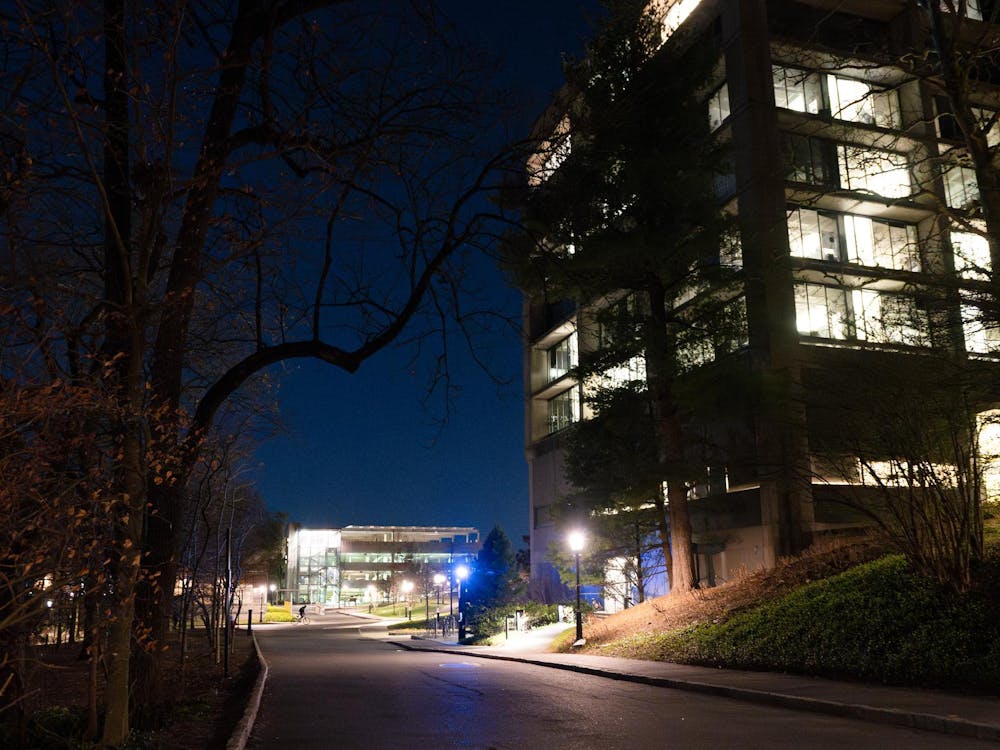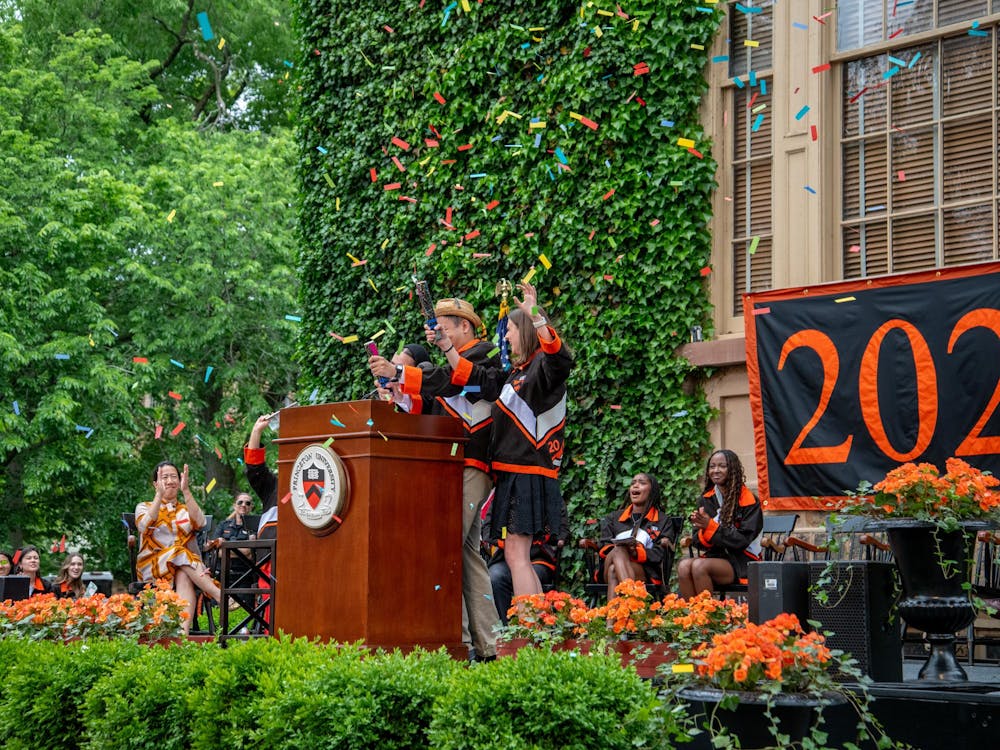To be clear, my academic pedigree in economics is less than impressive. During freshmen fall, I struggled through ECO 100: Introduction to Microeconomics and have not dared approach the subject since. So I’m a far cry from an expert, but that just might be the point. It might take a detached perspective to heal the chasm between the everyman who doesn’t understand what a credit default swap has to do with his life savings and the banker who is overly enamored with exotic fiscal instruments.
Currently, corruption pervades the industry. HSBC, for example, funneled $881 billion dollars for the Sinaloa Cartel between 2006 and 2010 and transferred money to black-listed countries like Iran. The bank recently settled with the Justice Department to pay fines totaling $1.9 billion, or three weeks’ worth of profits, and avoid indictment. Any prosecution could have cost HSBC its banking license, which would have inflicted untold damage on the economy. If institutions collaborating with the world’s most violent actors go unpunished, accountability is truly dead. But the same does not have to be true for Princetonians; there is no reason that the principles behind the Honor Code, which binds us so rigidly for four years, must evaporate upon graduation.
In the January issue of The Atlantic, journalists Frank Partnoy and Jesse Eisinger comb the reams of Wells Fargo’s disclosure reports and discuss their findings. The article, “What’s Inside America’s Banks,” reads like two shrewd laymen just trying to make sense of it all. They find that the investing class’ reasoned mistrust of big banks simmers under the surface of the tepid economic recovery. Partnoy and Eisinger write, “A crisis of trust among investors is insidious. It is far less obvious than a sudden panic, but over time, its damage compounds. It is not a tsunami; it is dry rot. It creeps in, noticed occasionally and then forgotten.” With no effective government oversight, only a Great Awakening of personal responsibility can replenish squandered good faith. And Princeton is uniquely positioned to equip future bankers with the necessary faculties to restore this lost trust.
Contrary to the mistaken derisions of anti-Wall Street activists, the prospect of high salaries and a desire to contribute to society positively are not mutually exclusive. But even the purest intentions are corruptible, and succumbing to greed is often not conscious or instantaneous. No Princetonian sets out to invest and trade immorally immediately after earning their diploma. There is no inevitable expressway between graduation day and perpetrating crimes. Like the mistrust Partnoy and Eisinger speak of, temptation gradually seduces its prey and hollows out its victim’s principles.
Thankfully, there are steps Princeton can take to combat this vulnerability, like adding an industry-specific ethics requirement to the economics department’s and finance certificate’s courses of study. Princeton already stretches its students with diverse distribution requirements, demanding that engineers endure writing seminars and that humanities concentrators suffer through two STs. So, drafting another pertinent requirement for a major and a certificate should be common sense. Also, Career Services should offer events and counseling on navigating the perils specifically associated with careers in finance.
Those who preach on this matter, like Occupy Wall Street activists, deal in shrill histrionics void of substance. While the protesters pitch their tents and picket across the country, the perpetrators behind the fiscal and housing market ruin carry on, free of conscience or accountability. Advocates thus far have made one critical error: They have let the stigma surrounding the industry define the characters of potential entrants into the field. Rather than viewing students interested in finance as a lost cause, think of them as a collective opportunity to reverse the ethical corrosion suffered by the industry that has already cost this country too much.
David Will is a religion major from Chevy Chase, Md. He can be reached at dwill@princeton.edu.







